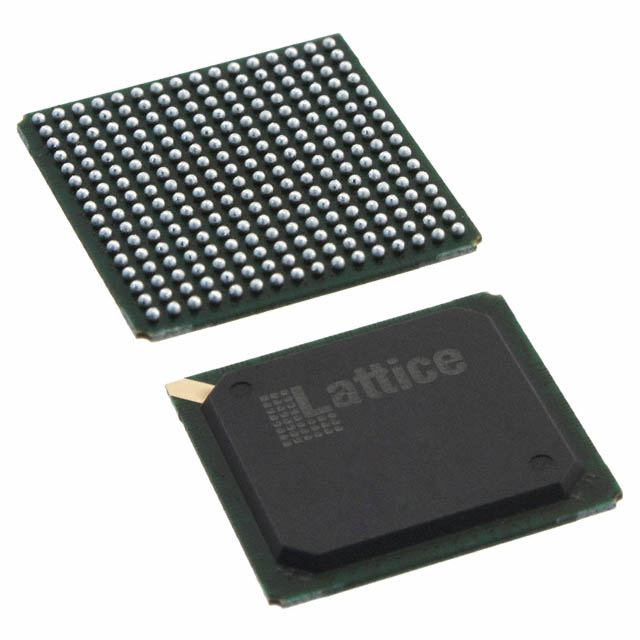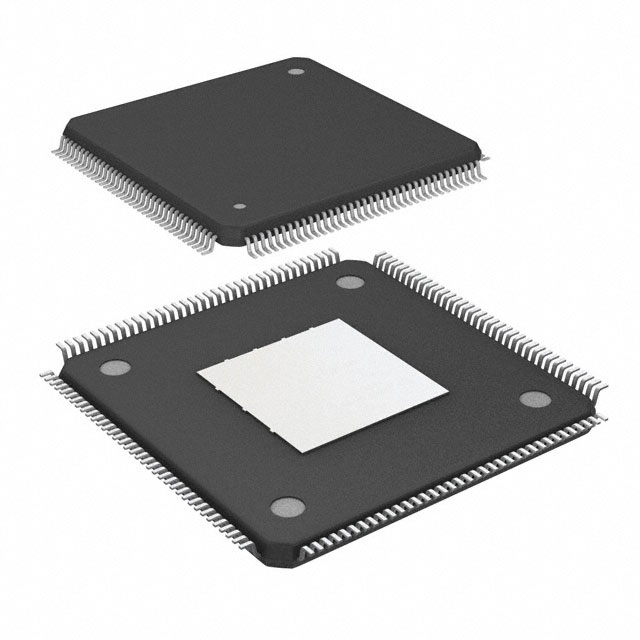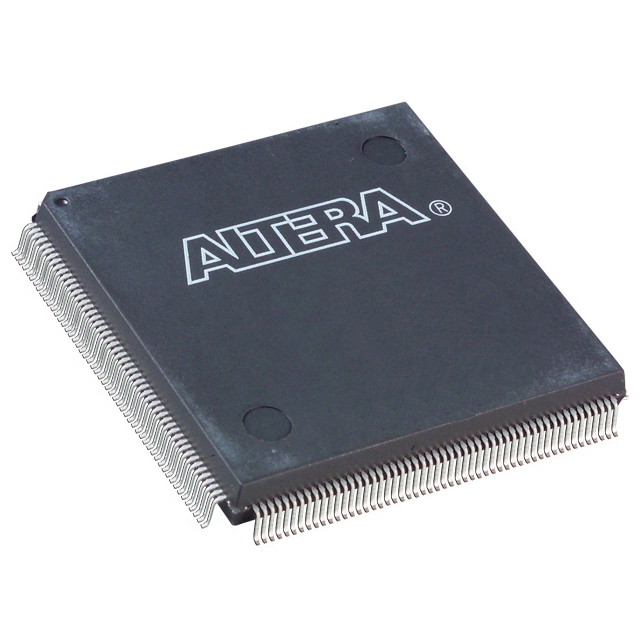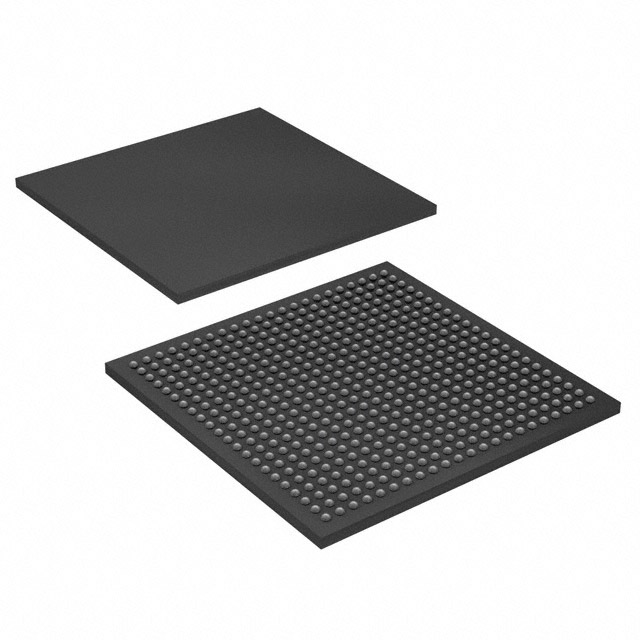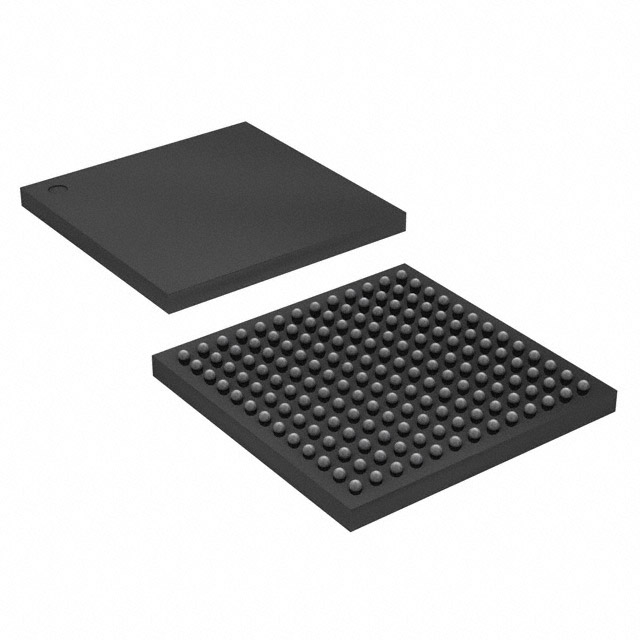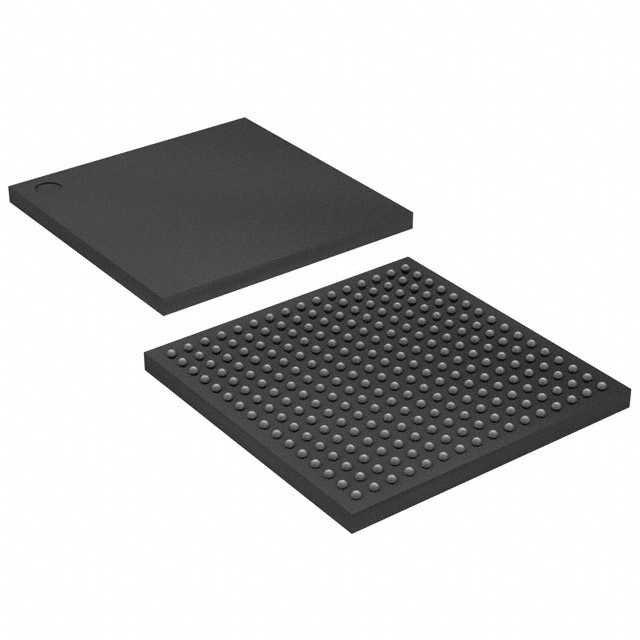In Stock : 0
Please send RFQ , we will respond immediately.









10AX115N3F45E2SG Specifications
-
TypeParameter
-
Supplier Device Package1932-FCBGA (45x45)
-
Package / Case1932-BBGA, FCBGA
-
Operating Temperature0°C ~ 100°C (TJ)
-
Mounting TypeSurface Mount
-
Voltage - Supply0.87V ~ 0.93V
-
Number of I/O768
-
Total RAM Bits68857856
-
Number of Logic Elements/Cells1150000
-
Number of LABs/CLBs427200
-
DigiKey ProgrammableNot Verified
-
PackagingTray
-
Product StatusActive
-
SeriesArria 10 GX
The 10AX115N3F45E2SG integrated circuit chips, also known as FPGAs (Field-Programmable Gate Arrays), have several advantages and application scenarios. Here are some of them:Advantages: 1. Flexibility: FPGAs can be reprogrammed or reconfigured to perform different functions, making them highly flexible compared to fixed-function integrated circuits. 2. High-performance: These chips offer high-speed processing capabilities, making them suitable for applications that require real-time processing or high computational power. 3. Parallel processing: FPGAs can perform multiple tasks simultaneously, thanks to their ability to implement parallel processing architectures. 4. Customization: These chips can be customized to meet specific application requirements, allowing designers to create unique solutions tailored to their needs. 5. Lower power consumption: FPGAs can be power-efficient, consuming less power compared to traditional processors or ASICs (Application-Specific Integrated Circuits).Application Scenarios: 1. Digital signal processing: FPGAs are commonly used in applications that require real-time processing of digital signals, such as audio and video processing, telecommunications, and radar systems. 2. Embedded systems: FPGAs can be used in embedded systems to implement complex control logic, interface with other components, and perform real-time processing tasks. 3. Prototyping and development: These chips are often used in the early stages of product development to quickly prototype and test different functionalities before moving to a more specialized chip. 4. High-performance computing: FPGAs can be utilized in high-performance computing applications, such as data centers or scientific research, where parallel processing and high computational power are crucial. 5. Aerospace and defense: FPGAs find applications in aerospace and defense systems, including avionics, radar systems, communication systems, and encryption/decryption modules, due to their flexibility, high performance, and customization capabilities.It's important to note that the specific advantages and application scenarios may vary depending on the exact features and capabilities of the 10AX115N3F45E2SG FPGA chip.

















